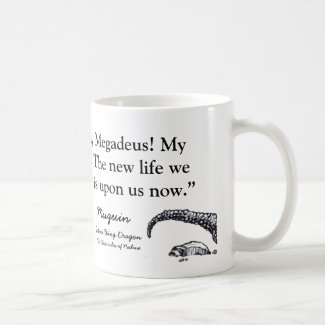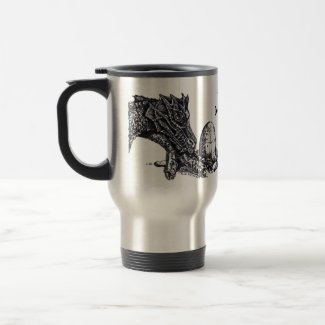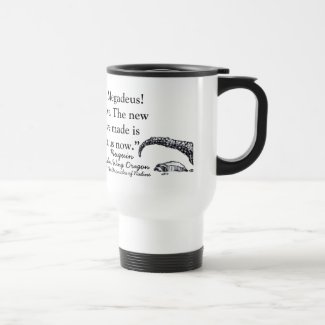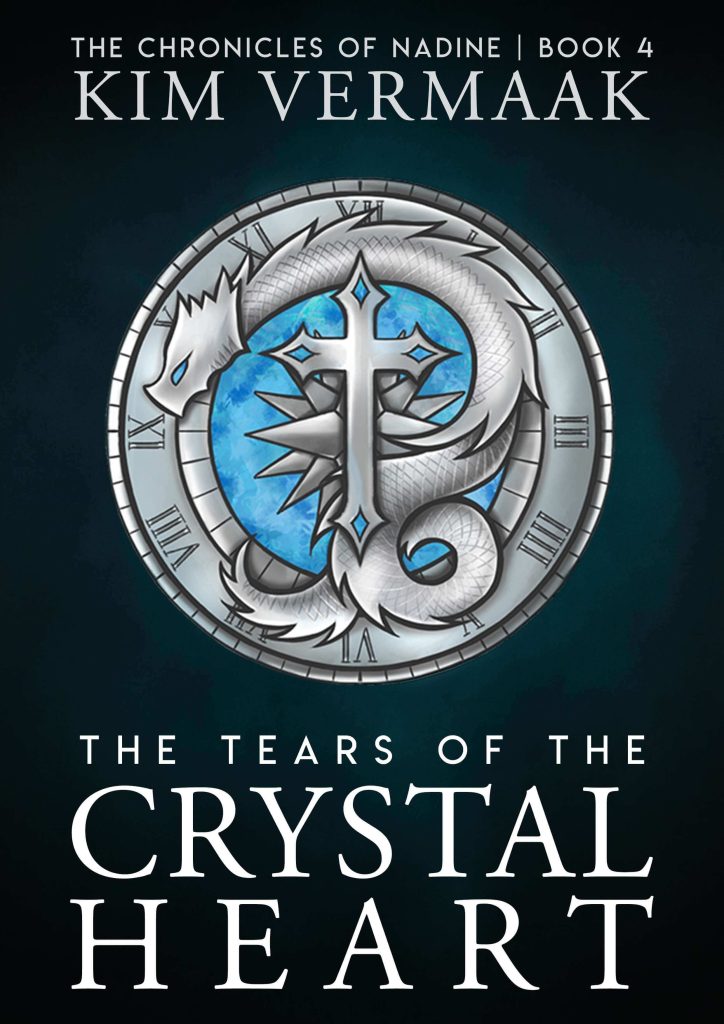Hippocrates is the first person credited with having the belief that diseases occurred naturally, and not because of superstition and gods. He believed that disease flourished because of environmental factors, diet, and living habits.
Two weeks after my fall, I am wondering if there is a procedure to remove the emotion of frustration. Of course, it is a whim, as I know that the seeds of change lie in frustration. This is the emotion that drives us to improve our lives. I choose to use this time of limited mobility to focus on things that matter to me and add value to the people who I serve. As I train my family to do our daily gratitude list, I find myself reminiscing about things that I took for granted just weeks ago, but I also focus on things that I can do. One such activity is pursuing my love for research and history.
Those who have read the first four books in my medieval fantasy series, The Chronicles of Nadine, will know that I have a love for medical history. One of my main characters, Elizabeth, is a medieval healer who studied under a forgotten Ancient culture. This woman has a range of patients that span across the globe and is regularly visited by foreign dignitaries. Although Elizabeth and her contemporary Friar Watt, who trained as a military physician, have extracted many arrows and healed many ailments, so far I have not invested too much time in researching orthopedics. So today, in honour of the practitioners who provide relief to so many, I thought I would delve into some medieval orthopedic practices..
The word orthopedics comes from the Greek words “orthos”, meaning smooth and without curvature and “paidios”, meaning child. The direct translation means straight child. When we think of Greek medicine, the name Hippocrates springs to mind. Many of us have heard of the Hippocratic oath, which is the ethical and moral standard that physicians dedicate themselves to. This oath was first implemented by Hippocrates, who was born in the year of 460 BC on the Greek island of Kos. Originally, the oath was sworn to Apollo and other Greek gods of medicine. However, in modern medicine, our medical practitioners swear to whatever each of them holds most sacred,
Hippocrates is the first person credited with having the belief that diseases occurred naturally, and not because of superstition and gods. He believed that disease flourished because of environmental factors, diet, and living habits. Although some of the earlier thinking of physicians of the medieval period has been proved untrue, I found one invention quite fascinating. This Greek physician, who many consider to be the father of medicine, invented the Hippocratic bench or scamnum, to aid in setting bones. This was the predecessor of modern traction devices used in orthopedics today, as well as its notorious medieval counterpart, “the rack”, an instrument of torture.
Physicians would position the patient on the bench and they would tie ropes around the patient’s arms, waist, legs, or feet, depending on which part of the body required correction. Using winches, the physician would then pull the ropes apart, to correct curvature in the spine or separate an overlapping fracture.
Having watched too many medieval movies, I cringe at the thought, but this device has made its mark in orthopedic history.
Hippocrates also created the Hippocratic ladder, which was meant to reduce spinal curvatures. Another invention was the Hippocratic board. This was a device that physicians would lay a patient on and would then apply pressure to the affected area of the spine using their hand, foot, or even the entire weight of the body to manipulate the patient’s body. Much like many of today’s chiropractic procedures.
Through the study of the spinal structure and vertebrae, this Greek physician pioneered many of the treatments that are still used in modern medicine. So now that I have satisfied my research craving, I am going to grab that ice-pack, grab a beverage and watch a movie and satisfy all my fans demanding that I rest.
Blessings to you.
Dragon Mugs
If you love dragons, then these Dragon coffee mugs are for you. Muquin is a Silver Wing Dragon from the Chronicles of Nadine epic Fantasy Series.
Books
Have a look at Kim’s books in the series.
Kim Vermaak is a South African born author, speaker, trainer and bookstore owner who has been an entrepreneur for over 20 years and in that time; she has helped hundreds of authors, brand managers and entrepreneurs build their brands. Kim’s super power is using the power of what many see as crushing events and using them to transform not only herself but the hearts and minds of others.
She was a winner of a Regional business award, a recipient of the Panache Woman of Wonder Award and has been featured in publications such as Cosmopolitan and Destiny Magazine and served as the vice chair for the Johannesburg Business Women’s Association.
Kim’s passion for bringing wisdom back into the art of storytelling touched the hearts of her medieval fantasy series but she also has a love for teaching authors to create strong foundations for building book-preneur businesses that help them turn their dreams of being an author into a reality. You can connect with Kim via her website, www.writelearnandearn.co.za or www.kimvermaak.com or via LinkedIn.











